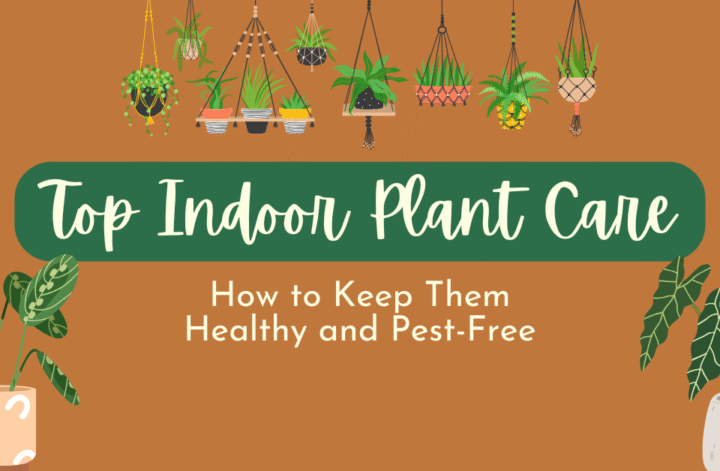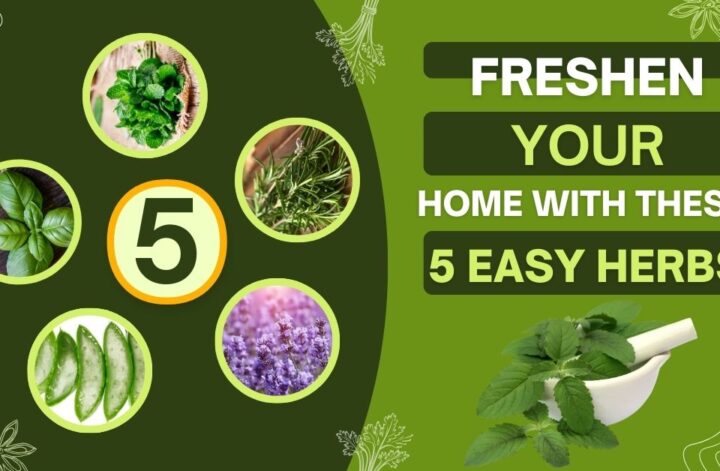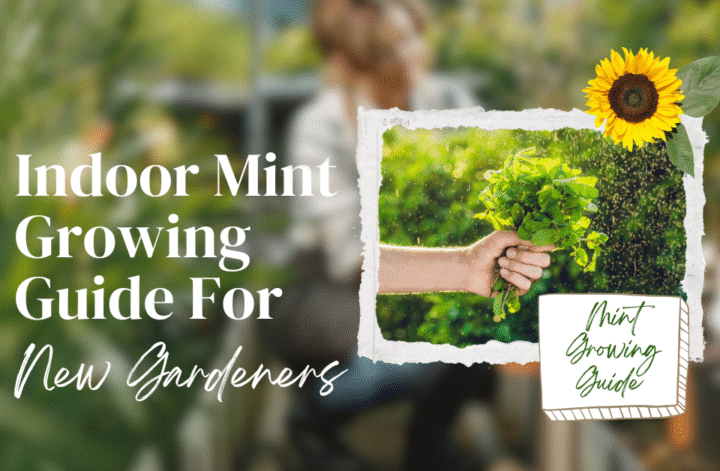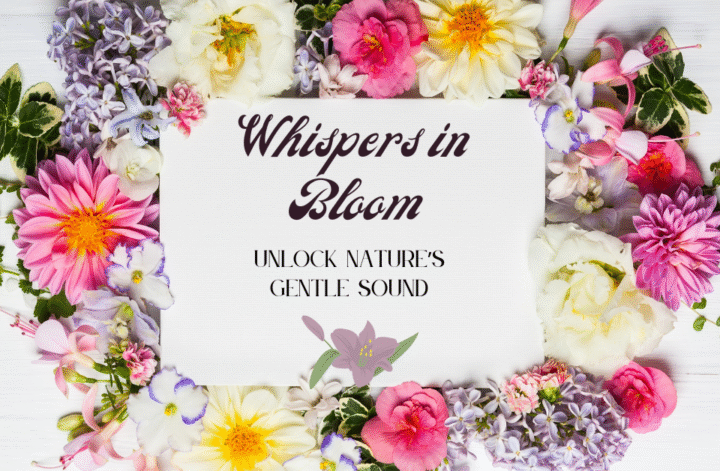Houseplants can bring a touch of nature to any home, but taking care of them requires a bit of effort. Wilting is one of the most common issues that most homeowners face, most often due to poor care or environmental conditions. Understanding the needs of your plants and adjusting small things can avoid wilting and keep your indoor garden healthy and thriving. Below are five easy tips to keep your indoor plants healthy and looking their best.
Provide adequate watering methods
Overwatering or underwatering is the primary cause of indoor wilting plants. Each plant species has unique water requirements. Generally, deep but less frequent watering and allowing the soil to dry up a bit between watering will be preferable. Always check the top inch of the soil for moisture before watering to prevent overwatering. Having pots with drainage holes also prevents water from sitting at the bottom.
Provide proper light exposure
Light is required for photosynthesis, which makes plants strong and keeps them from wilting. Vertical gardening system revival workshops Various plants need various levels of light; some thrive in full sun, whereas others like to have indirect light. Position your plants based on how much light they require by placing them in front of windows or utilizing artificial grow lights if necessary. Regularly rotating pots allows for an even distribution of light on all sides of the plant.
Keep humidity at optimal levels
Indoor conditions are usually less humid than what most houseplants like, leading their leaves to wilt. You can seek to maintain optimal humidity levels by misting your plants regularly or having a tray of water placed near them for evaporation. Having multiple plants together also helps develop a microenvironment with more humidity around them
Employ good quality potting soil
The quality of soil you use also plays an important role in avoiding wilting by providing the right drainage and nutrients. Use good-quality potting mixes formulated for indoor plants, as they provide balanced nutrition and proper aeration qualities needed for root development. Avoid garden soil, as it can be easily compacted indoors.
Control temperature fluctuations
Abrupt changes in temperature stress indoor plants, causing them to wilt. Premium potting soil mix Plant revival classes Heating vents or drafts can lead to dramatic indoor temperature drops, especially during the evening. Keeping plants away from cold areas and near heat sources where feasible will provide a stable warmth. In this manner, you can minimize stress and ensure growth throughout the year. It would be useful to both beginners and experienced gardeners.




